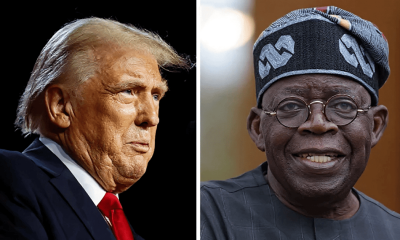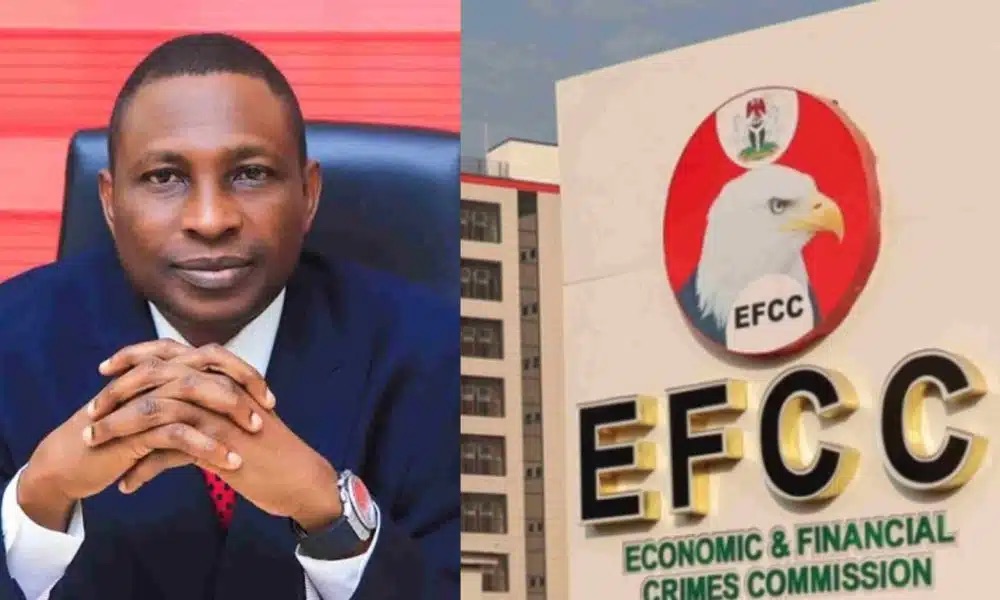The Economic and Financial Crimes Commission (EFCC) is preparing to take legal action against senior executives in Nigeria’s banking sector over allegations of financial crimes, including money laundering and fraudulent practices.
EFCC Chairman, Olanipekun Olukoyede, announced the imminent prosecutions during the 17th Annual Banking and Finance Conference organized by the Chartered Institute of Bankers of Nigeria (CIBN) in Abuja.
Olukoyede confirmed that the EFCC has concluded investigations into several banks and their top officials, signaling that prosecutions are forthcoming.
“It is sad that we have compiled our documents, completed the necessary investigations, and very soon, you will see some banks and top officials being prosecuted,” he stated.
The EFCC Chairman emphasized the urgent need for strict penalties to safeguard the integrity of Nigeria’s financial system, warning that the absence of legal consequences for criminal activities could severely undermine the sector.
“In a system where there is no penal sanction for criminal infractions, that system will never survive,” Olukoyede remarked.
READ ALSO: EFCC hands over 53 vehicles, $180,300 to Canadian police
He highlighted a range of unethical practices plaguing the sector, including manipulation of foreign exchange, fraudulent charges imposed on depositors, and active involvement in money laundering schemes.
“Operators frequently devise means to circumvent regulations in a desperate bid for higher yields. Sharp practices such as forex trading, defrauding depositors through phantom charges, and complicity in illicit financial schemes involving politically exposed persons continue to undermine the sector’s integrity,” he added.
Olukoyede stressed that the involvement of financial institutions with politically exposed persons (PEPs) in illegal financial activities erodes trust in the banking sector and destabilizes the economy.
He reaffirmed the EFCC’s commitment to collaborating with the banking sector to combat financial crimes and enhance the enforcement of anti-money laundering laws.
The EFCC Chairman also urged the Chartered Institute of Bankers of Nigeria to intensify regulatory oversight and ensure strict compliance with banking regulations.
He cautioned that the Commission would no longer tolerate complacency, urging financial operators to adhere to ethical standards, and warning that prioritizing profits over national interest would hinder economic progress.
This development follows the Central Bank of Nigeria’s (CBN) announcement that it will closely monitor the banking sector’s recapitalization efforts to prevent the influx of illicit financing.
The CBN, in collaboration with law enforcement agencies, has vowed to rigorously apply anti-money laundering regulations, ensuring that capital raised during the recapitalization process is free from illegality.

 Health3 days ago
Health3 days ago
 Football1 week ago
Football1 week ago
 Football6 days ago
Football6 days ago
 Football1 week ago
Football1 week ago
 Football1 week ago
Football1 week ago
 Crime7 days ago
Crime7 days ago
 Business1 week ago
Business1 week ago
 Business5 days ago
Business5 days ago

